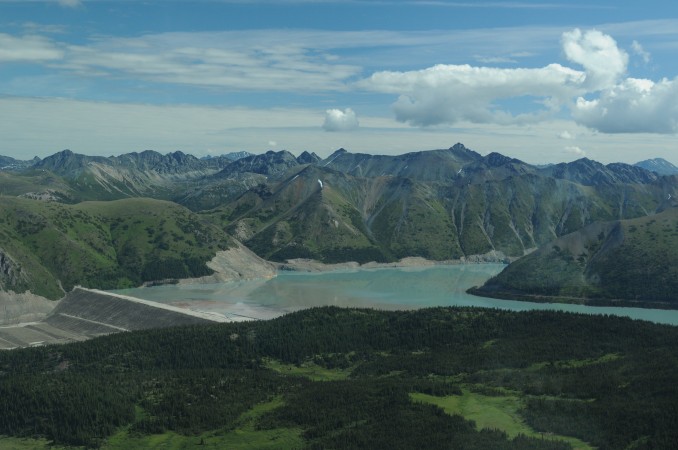Criteria for Evaluating Mine Permit Applications
BC Mining Issue:The content that is currently required in a mine permit application is often insufficient for the government to make an informed decision about the potential social, economic, and environmental consequences of the proposed mine.
Fair Mining Best Practice:Include adequate baseline data collected over a minimum time period and include information on mining companies past practices and compliance history.
Although mining companies are required to provide significant detail in mine permit applications, in BC, the Chief Inspector of Mines and the Minister of Energy and Mines have broad discretion to approve a mine permit application providing he or she “considers the application for a permit is satisfactory.” The term “satisfactory” is not clearly defined, so, if certain, limited criteria are met, the Chief Inspector can say the permit is “satisfactory”.
First Nation Consultation in Permit Evaluation
Considering First Nations’ interests in reviewing mine permit applications, having the permit application comply with land use plans, and requiring a proponent to have a local office before a permit is granted, will help to ensure a more responsible and informed permit application process.
History of Company in Permit Evaluation
BC law does not require the Chief Inspector to consider the applicant’s track record or history of compliance before issuing a mine permit. In contrast, the BC Oil and Gas commission requires that a company’s track record be taken into account for monitoring and enforcement activities.
Accountability in Mine Permit Decisions
It is difficult for the public and First Nations find out why mine permit decisions were made, or to appeal a decision that has been made. This lack of government accountability has two causes: the Chief Inspector does not need to provide written reasons for his / her decision to issue or deny a mine permit, and the public has no statutory right to appeal mine permit decisions.
This situation could be remedied by requiring the Chief Inspector to provide written reasons for his or her decisions, and by including a right to appeal these decisions in the legislation.
Unlike BC law, Ontario legislation specifies that every mine permit issued shall recognize Indigenous peoples’ constitutional rights.
Conditions attached to mine permits
When a mine permit is granted, there are attached conditions. In BC, the only required condition is that the mine post “security” – a sum of money meant to guarantee that they will clean up after themselves. This lack of minimum mandatory conditions, combined with the Chief Inspector’s broad discretion, creates inconsistent environmental and social protection across the province.
BC law should state minimum mine permit conditions. These could require that environmental, socio-economic and cultural monitoring reports be published yearly, and that the mine pays annual mine permit fees that would help cover the cost of monitoring the mine.
BC mining law does not explicitly state how long a mine permit remains active. This differs from Manitoba and the Yukon, for example, which set 21-year terms.
